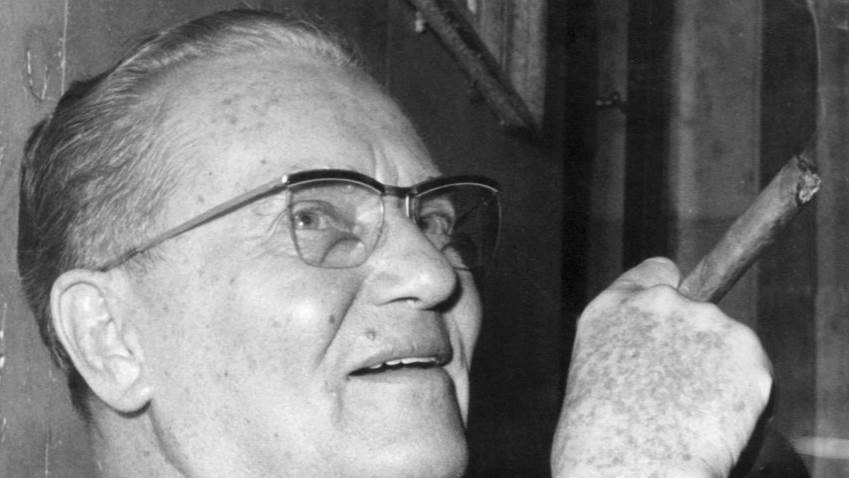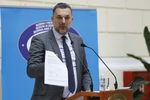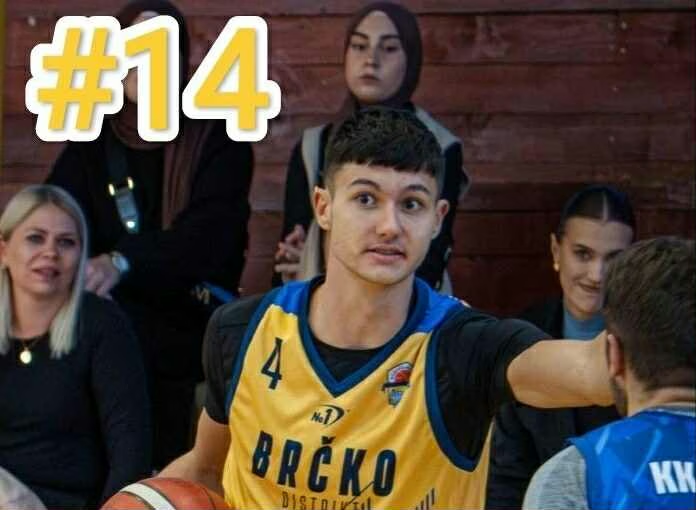The day when Yosip Broz Tito died, the beginning of the end of Yugoslavia

Forty years ago today, Yugoslavia's lifetime president, Josip Broz Tito died at 3.05 pm, at the Ljubljana Clinical Centre in Slovenia, just three days before his 88th birthday.
On May 4, 1980, the national television programme was interrupted and presenter Miodrag Zdravkovic read the saddest news after which everything had changed: “Comrad Tito had died.”
He headed Yugoslavia for 35 years, took the country out of the Soviet bloc and was one of the leaders of the Non-Aligned Movement. He was an honorary member of all academies in Yugoslavia and many abroad. He was awarded the Order of the People's Hero (three times), the Order of Heroes of Socialist Labour, the Order of Lenin (USSR) and many other national and foreign decorations.
He received the Nehru Prize (India) in 1973 for international understanding. Tito's speeches, articles and other political and theoretical papers were published in several editions in former Yugoslavia as well as abroad.
He fell ill at the age of 88, but nevertheless performed his duties and participated in the 1979 Non-Aligned Summit in Havana. In January 1980, his left leg was amputated and four months later he passed away.
His funeral in Belgrade on May 8, was attended by representatives of more than 120 countries, kings, princes and about 700,000 people.
Fans of the character and works of Josip Broz Tito have traditionally been visiting his grave at the Flower House in Dedinje, Belgrade, in the early morning hours and most visitors come from countries that emerged after the breakup of Yugoslavia. This year, this will not be possible due to the coronavirus pandemic.
His death changed many things in the Balkans, and the world. Ten years after, the breakup of Yugoslavia began, followed by bloody wars.
Josip Broz Tito was born in Kumrovec, Croatia, in May 1892. His birthday is still celebrated today, May 25, as the "Youth Day".
Kakvo je tvoje mišljenje o ovome?
Učestvuj u diskusiji ili pročitaj komentare
Kakvo je tvoje mišljenje o ovome?
Učestvuj u diskusiji ili pročitaj komentare





 Srbija
Srbija
 Hrvatska
Hrvatska
 Slovenija
Slovenija



























































